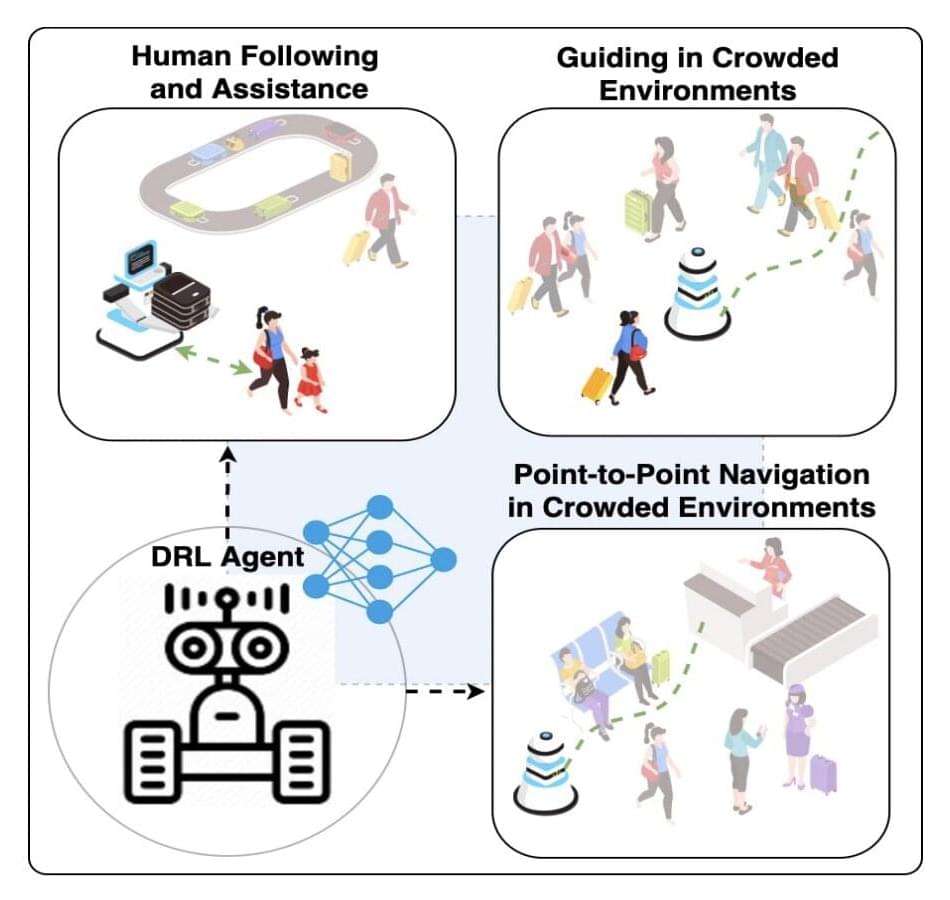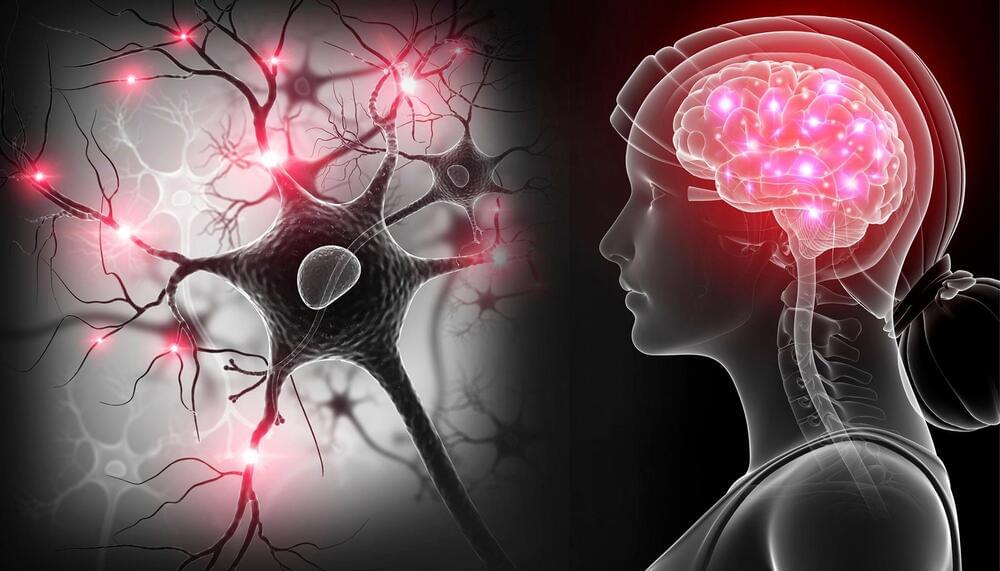Do supermassive black holes have friends? The nature of galaxy formation suggests that the answer is yes, and in fact, pairs of supermassive black holes should be common in the universe.
I am an astrophysicist and am interested in a wide range of theoretical problems in astrophysics, from the formation of the very first galaxies to the gravitational interactions of black holes, stars and even planets. Black holes are intriguing systems, and supermassive black holes and the dense stellar environments that surround them represent one of the most extreme places in our universe.
The supermassive black hole that lurks at the center of our galaxy, called Sgr A*, has a mass of about 4 million times that of our Sun. A black hole is a place in space where gravity is so strong that neither particles or light can escape from it. Surrounding Sgr A* is a dense cluster of stars. Precise measurements of the orbits of these stars allowed astronomers to confirm the existence of this supermassive black hole and to measure its mass. For more than 20 years, scientists have been monitoring the orbits of these stars around the supermassive black hole. Based on what we’ve seen, my colleagues and I show that if there is a friend there, it might be a second black hole nearby that is at least 100,000 times the mass of the Sun.






